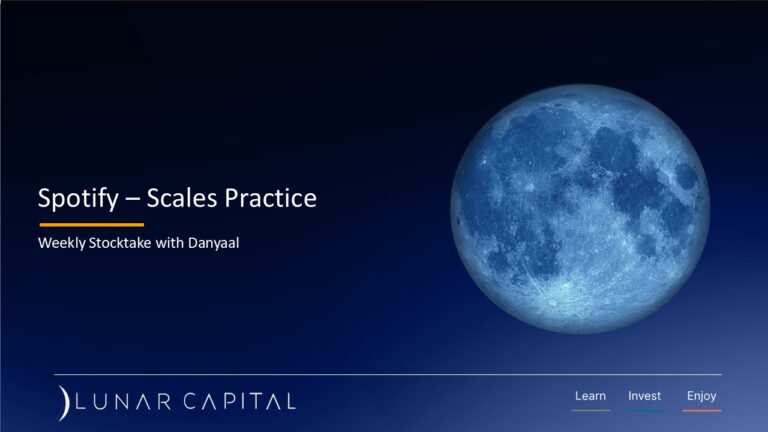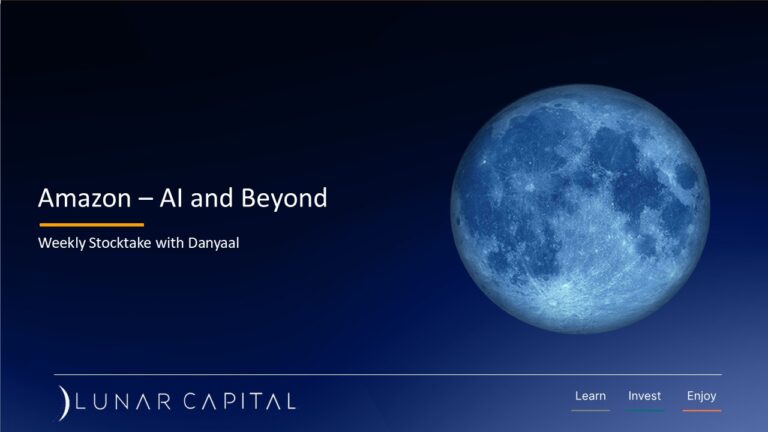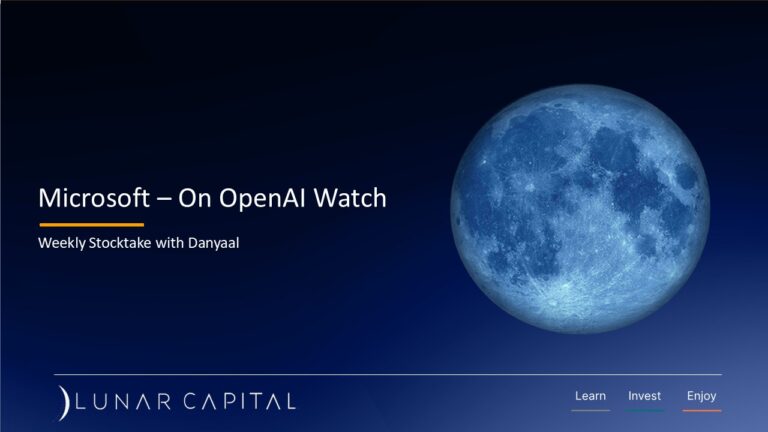Semiconductors or chips regulate electrical flow in electronic devices. They are vital for various products like computers, artificial intelligence (AI) systems, smartphones, automotive vehicles, and military equipment. Taiwan Semiconductor Manufacturing Company (TSMC) manufactures roughly 90% of the world’s cutting-edge chips, while ASML crafts lithography machinery essential for making these chips smaller and more energy-efficient.
Last week, TSMC and ASML released their Q1 2024 results. TSMC saw a 16.5% increase in revenue to NT$592 billion (with an average USD/NTD exchange rate of 31.4) compared to the same quarter last year. While ASML reported €5.29 billion in revenue for the quarter, marking a 21.5% decline from the same period last year. Due to the recent interest around AI, high performance computing chips accounted for 46% of TSMC’s revenue for the quarter.
ASML believes that the semiconductor industry is going to go through a transitory year this year. Orders for its machinery for Q1 2024 dipped nearly 4% compared to the same quarter last year and decreased by 60% compared to the previous quarter. Some of ASML’s latest extreme ultraviolet (EUV) machines go for around €350 million each. Consequently, manufacturers must be certain about their timing for acquiring lithography equipment. ASML anticipates its revenue for the year to remain consistent with 2023 levels. Subsequently, it’s positioning itself to escalate production for 2025.
The US Chips Act aims to encourage semiconductor manufacturers to establish plants within the United States. TSMC and Samsung have each secured approximately $6.5 billion in grants and subsidies to construct facilities in the US. ASML stands to benefit significantly from the Chips Act, given its near monopoly on the sale of EUV lithography machinery worldwide. However, due to the scale of these projects, there is an elevated risk of delays. Consequently, ASML faces the challenge of potentially building up inventory without the ability to deliver products, whilst these new facilities are being constructed. This could impact their near-term financial performance. However, when these new facilities are ready, they would need to be furbished with ASML’s lithography machines, which will likely be very positive for ASML.
The demand for more and more computing power to process the growing demand for AI, smartphones, EV’s and larger and more complex cloud service providers; is adding strain to energy grids. This is driving both the design and manufacture of more energy efficient semiconductors, as well as alternative energy solutions.
ASML is held in the Lunar BCI Worldwide Flexible Fund and by Lunar Capital’s Offshore Portfolio clients.
Click here to access your account to view statements, obtain tax certificates, add or make changes to your investments.
Our email address is: [email protected]
Disclosures
Lunar Capital (Pty) Ltd is a registered Financial Services Provider. FSP (46567)
Read our full Disclosure statement: https://lunarcapital.co.za/disclosures/
Our Privacy Notice: https://lunarcapital.co.za/privacy-policy/
The Lunar BCI Worldwide Flexible Fund Fact Sheet can be read here.
This stocktake is prepared for the clients of Lunar Capital (Pty) Ltd. This stocktake does not constitute financial advice and is generated for information purposes only.





